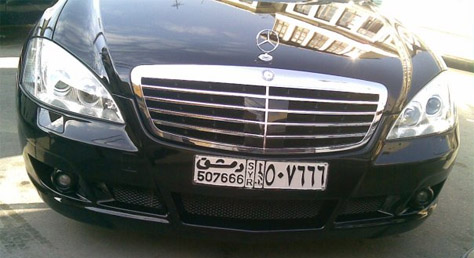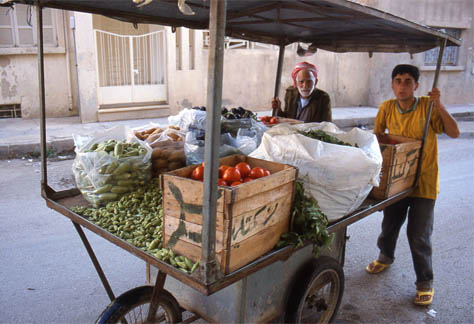I didn't go to the moon. I went much further--for time is the longest distance between two places.
-Tom in
The Glass Menagerie by Tennessee Williams
I've been thinking about Mrs. Wise lately.
Her eyelashes were fake, and the shape of her body echoed a giant jelly bean. During rehearsal, she'd down bags of popcorn while plopped at her throne. Her voice, textured with years of smoke, gripped you in the gut. Almost everyone in the high school was afraid of her, and it is a fact that she made the majority of her female actors cry.
I thought she was brilliant. Her office was tucked in the backstage of the theatre at Woodward Academy, and I spent countless hours sitting across from her in that delicate ebony chair: she, overflowing in every sense of the word, and I, spellbinded. I loved her. Very much.
The summer just before I left to Yale, we were cruising in her Cadillac down Main Street in College Park and stopped by the Krystal, or maybe it was the Dairy Queen. She had a milkshake craving. We had been at her home and were on our way to school when she told me that she could feel something was wrong. She pressed her hand into her kidney, and her voice wavered slightly with concern.
My friend S called me as I was passing Davenport on York Street in New Haven. She told me Mrs. Wise had passed away. I continued walking, past the rank smell of the Au Bon Pain and past the begging Vietnam veteran's cyclical, "Any change today?"
I didn't go to the funeral. And, when I began writing this a few minutes ago, I could remember neither the season nor the year of her death.
But then I latched onto something--a letter I sent to my actors. In February 2006:
I spent the last two weeks of my time in Cairo in upper class coffee shops with free wireless internet trying to translate Camus. I'd plant myself at Beano's or Cilantro in Zamalek–sure to get the seat by the electrical output–and indulge in a pricey cafe au lait.
The patrons of Cilantro and Beano's were generally all from the Zamalek upper crust and from all age groups. In the states, we rarely see a group of six or so wrinkled folks getting coffee. Not the case in Cairo–groups of old people would sit and smoke and coffee it up next to the group of American-esque Cairene tweenagers.
The waiters began to expect me. On any given day, there would probably be about six or so waiters in Cilantro--one to open the door for you, one to take your order, three to complete the order, one to deliver, and one to bid farewell. I was the strange white kid with the laptop.
On one not so special day in Cilantro, I ordered a double espresso, sipped it up, asked for the check, and signed the bill. Underneath the receipt was a faded pink folded notecard. In sloppy blue pen, it read:
Everywhere
I go to there
I see your face
you Body your eyes
all of you your smile
I had an admirer. I took the customer receipt and wondered what to do with the notecard. Was she watching me? Is she behind me? Was this note meant as a joke? Was it for the person before me?
I stuffed it in my leather messenger bag and scurried off.
I'm a foolish collector of useless pieces of paper--notes, post-cards, tickets, playbills, letters, and even tags from designer clothing. Every paper collector has his own way of organizing and storing these precious memory documents.
When I returned to New Haven in August, I opened the flat pocket of my messenger and pulled out dozens of moments--and, one by one, I plucked a book or play from my bookshelf, opened it to a random page, stuck in the receipt or postcard, and reshelved the book. I am proud of my arbitrary and efficient memento-storage system.
Tonight, after the rehearsals, the teas, the cakes, the ices, I plucked
Death of a Salesman from the shelf. And so fell the pink notecard from Cilantro.
Page 130 was held safe by a large paper clip. Starred and numbered by Mrs. Wise were Biff's lines, beginning with "You're going to hear the truth, Willy, --what you are and what I am! We never told the truth for ten minutes in this house! And I'm through with it. Now hear this, Willy, this is me..."
I presented this Biff monologue with great success at the Georgia Thespian Conference one pubescent high school year. The conference itself was an insignificant event--an orgy of dozens of bi-curious high schoolers. The rehearsal I had with Mrs. Wise in her office, however,...
...was something else all together.
"I am not a leader of men, Willy, and neither are you. You were never anything but a hard-working drummer who landed in the ash can like all the rest of them! I'm one dollar an hour, Willy! A buck an hour! Pop, I'm nothing! I'm nothing, Pop. Can't you understand that? There's no spite in it anymore. I'm just what I am, that's all."
My eyeballs just flopped and plopped, and I was shaking, snot and it all–it was the first time I had viscerally connected with a text, an earthquake in College Park, GA. My body purged and depleted. Mrs. Wise my witness, yes, yes, I found and spewed myself into Biff's confrontation with Willy, and I have never been so raw.
Mrs. Wise and I would always refer to the Biff moment: "Oh, then...yes," or "Hm...yah...a dime a dozen." All it took was a couple words, and we were transfixed. The time was ours, a secret, she the only one ever to have felt, heard, seen me there, my face, my body, my eyes, all of me.
And now I learn what happens to a secret memory when one of the keepers dies.






